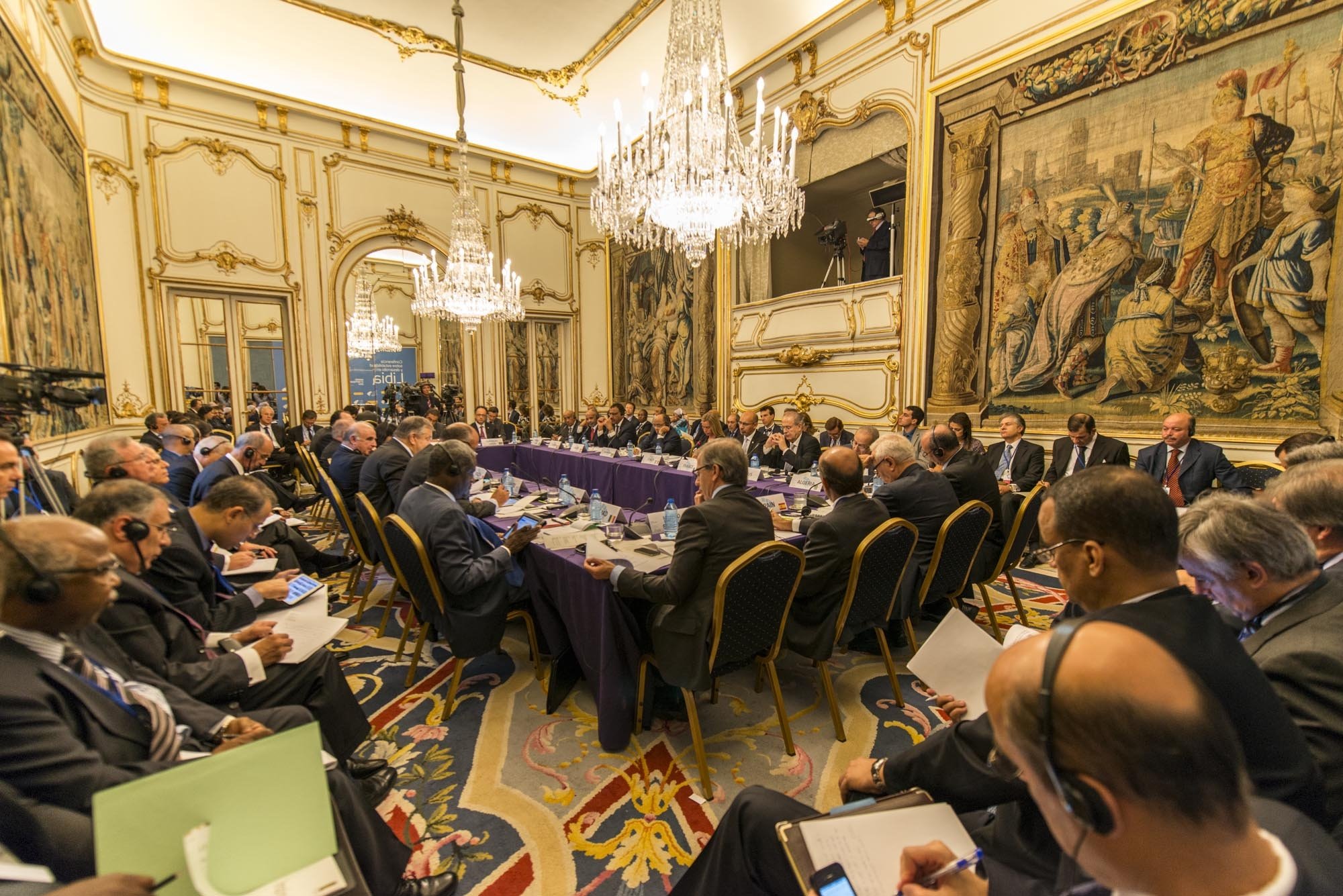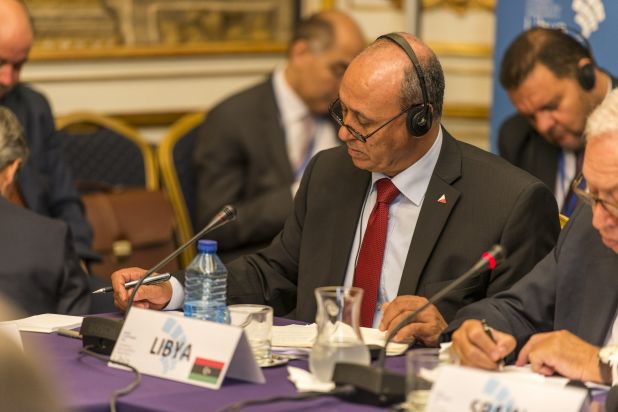By Libya Herald staff.

Benghazi, 17 September 2014:
The Madrid Conference on Libya today was marked by a distinct mood of pessimism as Spanish . . .[restrict]Foreign Minister Jose Manuel Garcia-Margallo warned that the country could end up in a civil war similar to that in Syria. Such a disaster and the prospect of extremists taking over the country could still be prevented he said, but there were no concrete proposals at the meeting apart from yet more calls for dialogue. There was, however, agreement that outside military intervention was not an option.
Bernardino Leon, the newly appointed special representative of the UN Secretary General for Libya, also called for an immediate ceasefire.
The conference was organised by Spain which is worried that Libya could be taken over by Islamists and turned into an operation base for them at the heart of the Mediterranean.
The specific objective of the conference has been to provide a regional impetus for international efforts at stability in Libya. It also aimed to send a message to those involved in the crisis to end military action and engage in negotiations.
Ministers and representatives of 21 countries and international organisations gathered in the Spanish capital: Algeria, Chad, Cyprus, Egypt, France, Greece, Italy, Malta, Mauritania, Morocco, Niger, Portugal, Spain, Sudan, Tunisia, the UN, the Arab League, the EU, the African Union and the Union for the Mediterranean. The 16 countries are members of the 5 +5 Dialogue Group, the Med Group 7 or Libya’s neighbours.
Representatives of the Hassi “government” in Tripoli were not invited.
The conference was opened by the Spanish Prime Minister Mariano Rajoy, Garcia-Margallo and the Libya Foreign Minister Mohamed Abdulaziz.
In his speech, Abdulaziz stressed that his government was “not inviting any country to do any kind of military intervention in Libya. What we have seen is foreign intervention has always lead to disaster.” There were, nonetheless, countries that were interfering in Libya and arming the militias, he said. He did state which country but said that they would be named shortly, with evidence of their activities. He added that the recent airstrikes in Tripoli and Gharian or any future ones would not alter the situation on the ground.
“We are convinced that is impossible for us to overcome terrorism only through air strikes,” he said.

Abdulaziz called on the international community not to recognise parallel governments in the country, and while agreeing to dialogue said there could be none with those who were determined to use force to achieve their aims. He too warned that there could be a “long” civil war unless the international community backed the country’s legitimate authorities by providing increased training for the police and army as well as arms and equipment for them to deal with the militias.
His call for non-recognition of the Hassi “government” and the revived General National Congress in Tripoli was taken up by a number of others at the conference, including the Egyptian foreign minister Sameh Shoukry. The international community, the Egyptian minister said, must give full support to the House of Representatives and the government appointed by it.
For Morocco, the Minister Delegate to the Ministry of Foreign Affairs and Cooperation, Ms Mbarka Bouaida, stressed the need to respect Libya’s sovereignty and territorial integrity and to get dialogue going between the various sides in the country.
Meanwhile Greece’s Deputy Prime Minister of Greece and Foreign Minister, Evangelos Venizelos, offered Greek help in the reconstruction in Libya, but also stressed the need to deal with illegal immigration into southern Europe via Libya. [/restrict]







